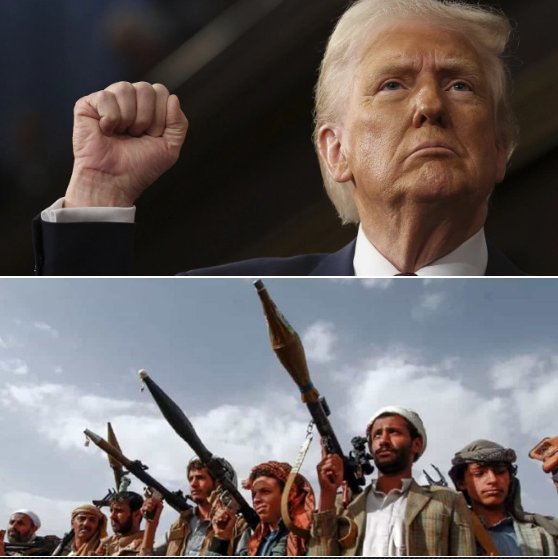In a recent statement that has caught the attention of the global political community, former U.S. President Donald Trump has suggested that Iran should be held responsible for the Houthi attacks in Yemen. This provocative claim has reignited discussions on the relationship between Iran, the Houthi rebel group, and the broader Middle Eastern geopolitical landscape. With tensions running high in the region, Trump’s words raise an important question: Should Iran be held accountable for the actions of the Houthis?
This article will delve into the controversial nature of Trump’s statement, exploring the background of the Houthi insurgency, Iran’s alleged role in supporting the group, and the wider implications of such a claim. We will also consider the possible consequences of holding Iran responsible and how this fits into the larger context of U.S. foreign policy in the Middle East.
## **The Houthi Movement: An Overview**
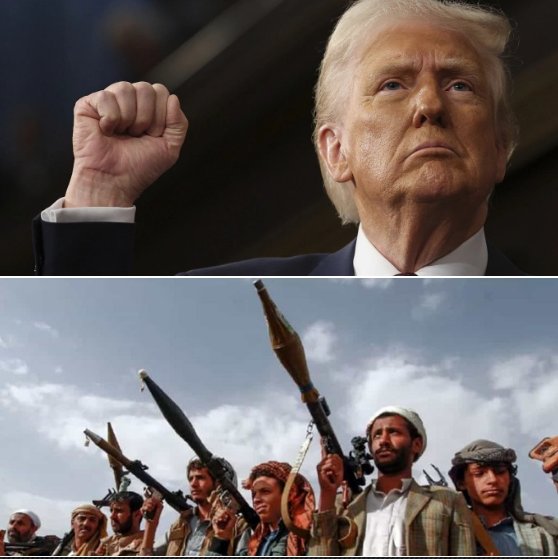
To understand the claim made by Trump, it is crucial to have a clear picture of the Houthi movement and its role in the ongoing conflict in Yemen. The Houthis, officially known as Ansar Allah, are a Shiite militant group that emerged from the northern highlands of Yemen in the early 1990s. Initially, the group’s objectives were primarily religious and focused on defending the Zaidi Shiite minority in Yemen. Over time, however, the Houthis became more politically active, and by 2014, they had seized control of the Yemeni capital, Sana’a.
The Houthi insurgency has been one of the primary factors driving the ongoing Yemeni Civil War, which began in 2014 and escalated in 2015 when a Saudi-led coalition intervened in support of the internationally recognized Yemeni government. The conflict has caused widespread humanitarian suffering, with the United Nations estimating that over 230,000 people have died as a result of the war.
The Houthis are often portrayed as being supported by Iran, a claim that has become central to the narrative surrounding the conflict. Iran, a Shiite-majority country, is said to provide military, financial, and logistical support to the Houthis, though Iran officially denies direct involvement in the group’s operations.
## **Iran’s Alleged Support for the Houthis**
One of the most contentious aspects of the Houthi conflict is the alleged support provided by Iran to the group. The U.S. and several Western countries, including Saudi Arabia, have accused Iran of supplying the Houthis with weapons, training, and financial aid, further complicating the situation in Yemen. Iran’s support for the Houthis is often seen as part of a broader regional strategy to expand its influence in the Middle East, particularly in countries with significant Shiite populations.
Several pieces of evidence have been presented over the years that suggest Iran has provided support to the Houthis, including:
– **Weapon Transfers:** U.S. officials have claimed that Iran has supplied the Houthis with advanced weaponry, including missiles and drones, which have been used to target Saudi Arabia and other countries in the region. These weapons, many of which have been intercepted in transit or seized by the Saudi-led coalition, are believed to be Iranian-made or of Iranian origin.
– **Training and Military Assistance:** It is widely believed that Iran has provided the Houthis with military training, including expertise in drone operations, missile launches, and other forms of asymmetric warfare. Reports indicate that Iranian military advisers may have been involved in helping the Houthis develop their military capabilities.
– **Financial Support:** There are also claims that Iran has provided financial assistance to the Houthi movement, helping fund their military campaigns and logistical operations. While concrete evidence of this is difficult to obtain, it is often cited as part of Iran’s broader strategy of supporting proxy groups across the Middle East.
Iran’s alleged role in supporting the Houthis has drawn the ire of the international community, particularly Saudi Arabia, which views the group as a destabilizing force in the region. The ongoing conflict in Yemen is often framed as part of the broader Sunni-Shia proxy struggle between Saudi Arabia and Iran, with both powers supporting opposing factions in regional conflicts.
## **Trump’s Statement: Should Iran Be Held Responsible?**
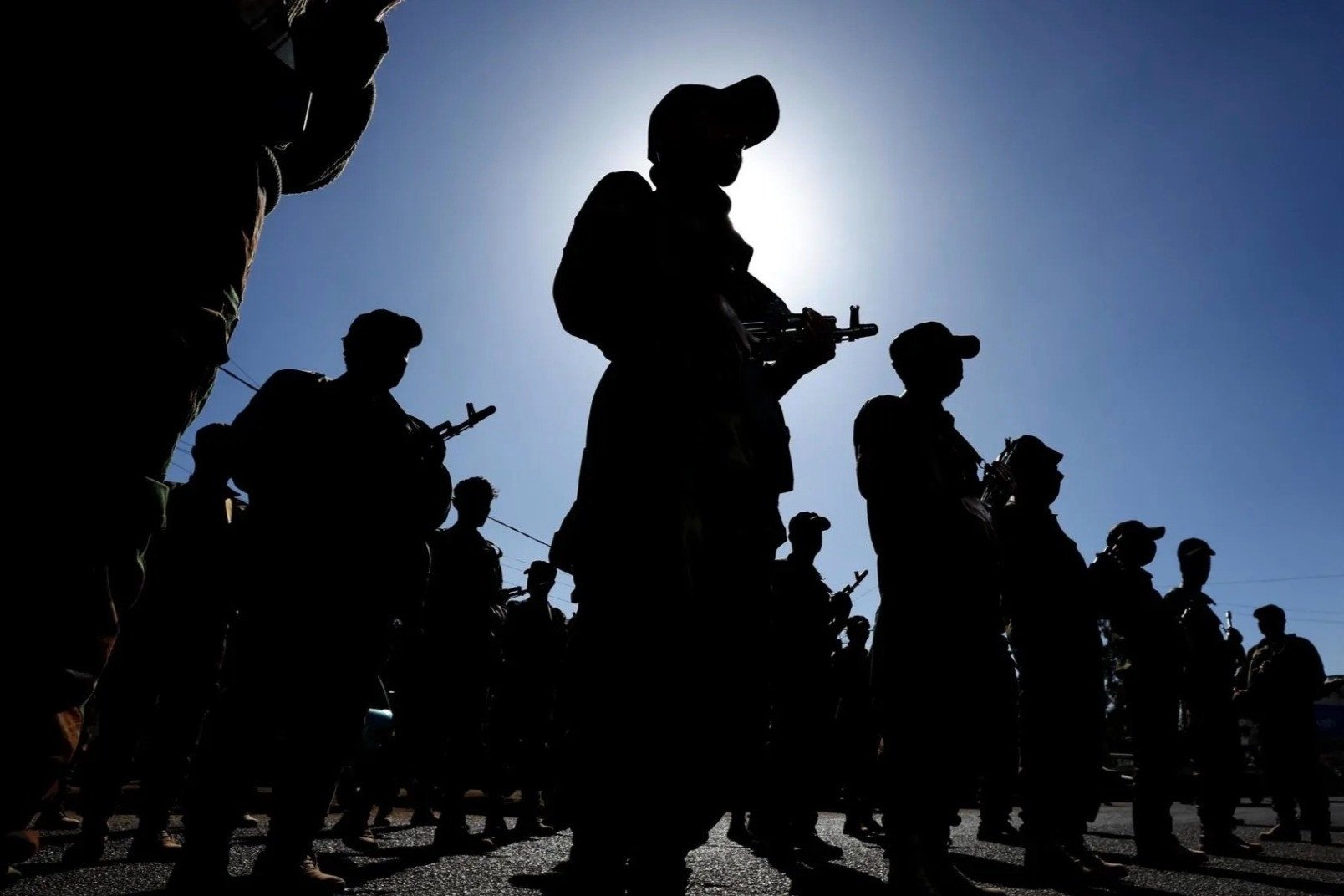
In his statement, Trump suggested that Iran should be held accountable for the Houthi attacks, which have targeted Saudi Arabia, the UAE, and other regional actors. This claim, though not entirely new, brings attention to the broader question of accountability in the Yemen conflict.
But should Iran be held responsible for the actions of the Houthis? The answer to this question is far from straightforward, and it involves weighing several key factors:
### **1. Iran’s Level of Involvement**
One of the primary factors that would determine whether Iran should be held accountable for the Houthi attacks is the level of involvement that Tehran has had with the group. While there is no doubt that Iran has provided some level of support to the Houthis, the question remains as to how direct and extensive that support has been.
If Iran is found to have directly planned, coordinated, and executed attacks alongside the Houthis, then there could be a stronger case for holding Iran accountable. However, much of the evidence surrounding Iran’s involvement has been circumstantial, relying on intercepted shipments and intelligence reports rather than direct proof of coordinated actions.
Furthermore, the Houthis are a relatively independent group with their own set of objectives, and while they may share Iran’s broader ideological goals, they do not always follow Tehran’s directives. Holding Iran responsible for every action taken by the Houthis could be problematic, as it would involve extending responsibility for the actions of a proxy group that operates with a degree of autonomy.
### **2. The Nature of Proxy Warfare**
Iran’s involvement in Yemen is part of a broader strategy of using proxy groups to expand its influence in the Middle East. In this context, the situation mirrors other conflicts where Iran has been accused of supporting non-state actors, such as Hezbollah in Lebanon and various militias in Iraq and Syria. In these cases, Iran provides support to these groups but does not always exercise full control over their actions.
If Trump’s statement is taken in the context of broader regional proxy warfare, then Iran’s responsibility for the actions of the Houthis could be seen as part of a larger pattern of regional influence and power projection. The challenge, however, lies in determining the exact level of Iranian control over the Houthis, which is a point of contention in international debates.
### **3. International Law and Accountability**
From a legal perspective, holding Iran responsible for the Houthi attacks raises significant questions about international law and accountability. Under international law, states can be held responsible for acts of aggression or violations of sovereignty, but these principles typically apply to direct state-to-state interactions. In the case of proxy groups like the Houthis, assigning responsibility to a state for actions carried out by non-state actors can be a complex and contentious issue.
The U.S. has often accused Iran of violating international law by supporting proxy groups that carry out attacks on sovereign nations. However, proving that Iran is directly responsible for every attack launched by the Houthis would be difficult. There is also the question of whether the U.S. itself should be held responsible for its role in supporting the Saudi-led coalition in Yemen, given the high civilian toll that the conflict has taken.
### **4. Geopolitical Considerations and Risks**
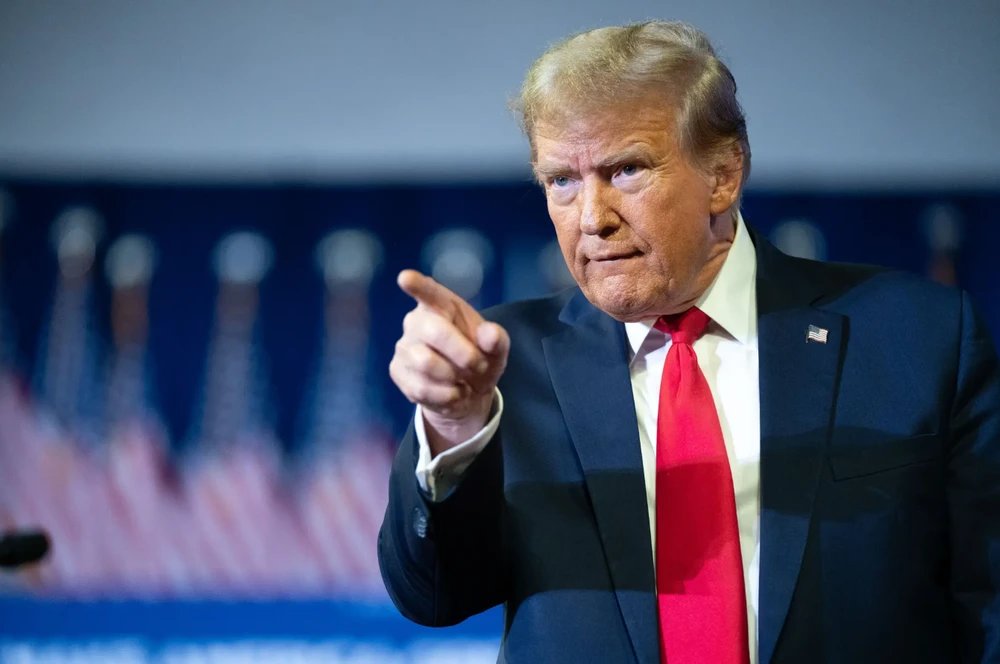
Trump’s statement also reflects the broader geopolitical context of U.S. relations with Iran. The Trump administration was known for its hardline stance on Iran, particularly during its withdrawal from the Iran nuclear deal (JCPOA) and the imposition of sanctions. This rhetoric may be part of a broader strategy to isolate Iran diplomatically and economically, highlighting its support for groups like the Houthis as a key issue in the U.S.-Iran rivalry.
Holding Iran responsible for the Houthi attacks would have significant diplomatic consequences. It could lead to further sanctions, military action, or international isolation for Iran. However, it could also escalate tensions in an already volatile region, with the risk of direct confrontation between the U.S. and Iran or their respective allies.
## **What Would Be the Consequences of Holding Iran Responsible?**
If the international community, particularly the U.S., were to pursue accountability for Iran’s role in the Houthi attacks, there could be several potential consequences:
### **1. Escalation of the Yemen Conflict**
Accusations against Iran could exacerbate the already complex and brutal war in Yemen. Any move to hold Iran accountable could prompt a stronger response from Tehran, including the provision of more support to the Houthis, as well as increased involvement in other regional conflicts. This could make the conflict in Yemen even more protracted and deadly.
### **2. Strain on U.S.-Iran Relations**
Tensions between the U.S. and Iran have already been high, particularly after the U.S. withdrew from the Iran nuclear deal and imposed harsh sanctions. Holding Iran responsible for the Houthi attacks could further deteriorate diplomatic relations and make any future negotiations or peace talks with Iran more difficult.
### **3. Impact on Saudi Arabia’s Role**
Saudi Arabia, which leads the coalition fighting the Houthis, could find itself caught in the middle of the growing tension between the U.S. and Iran. If Iran were held responsible for the attacks, Saudi Arabia’s role in the conflict could be scrutinized as well, particularly given its involvement in the airstrikes and the humanitarian consequences of the war.
## **Conclusion**
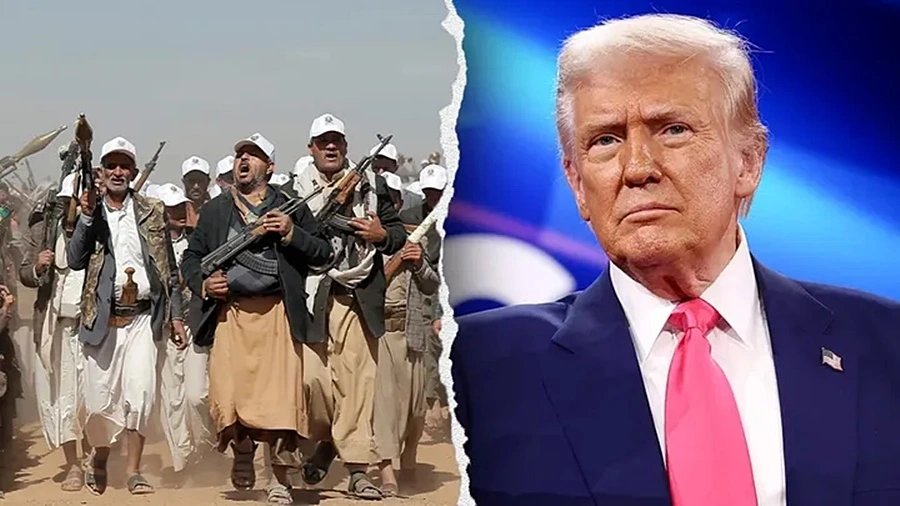
Trump’s bold statement regarding Iran’s responsibility for the Houthi attacks raises important questions about accountability, regional geopolitics, and the complex nature of proxy warfare. While it is clear that Iran has provided some level of support to the Houthis, the question of whether Iran should be held directly responsible for the actions of the group is a difficult one to answer.
Ultimately, the situation in Yemen remains fluid, and the potential consequences of holding Iran accountable are far-reaching. Whether or not Iran is held responsible for the Houthi attacks, the conflict in Yemen will continue to be a focal point in the broader Middle Eastern power struggle. As global powers navigate the complexities of regional alliances, Iran’s role in Yemen will likely remain a contentious issue for years to come.
